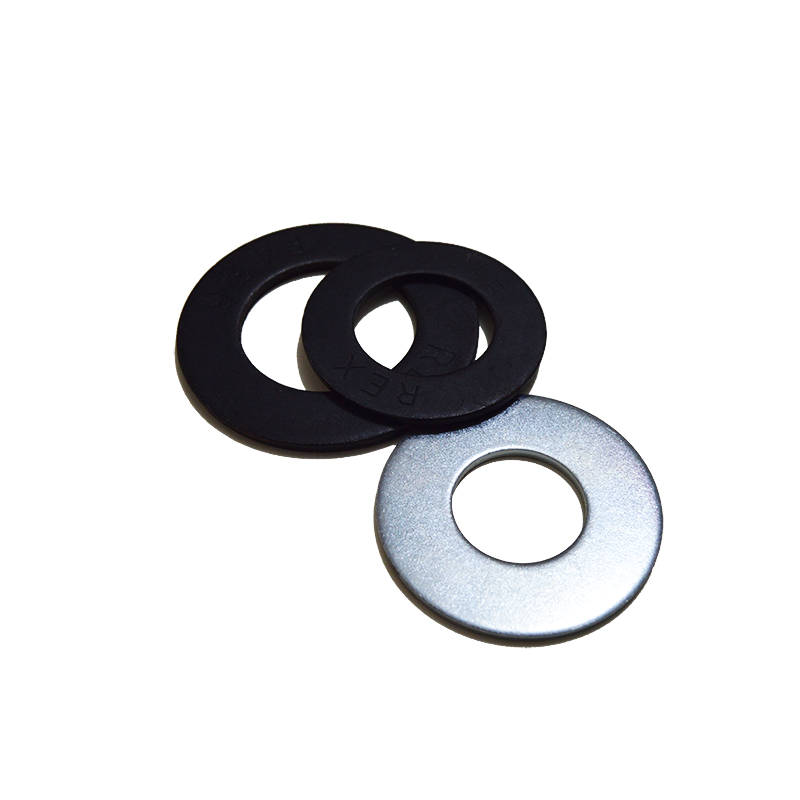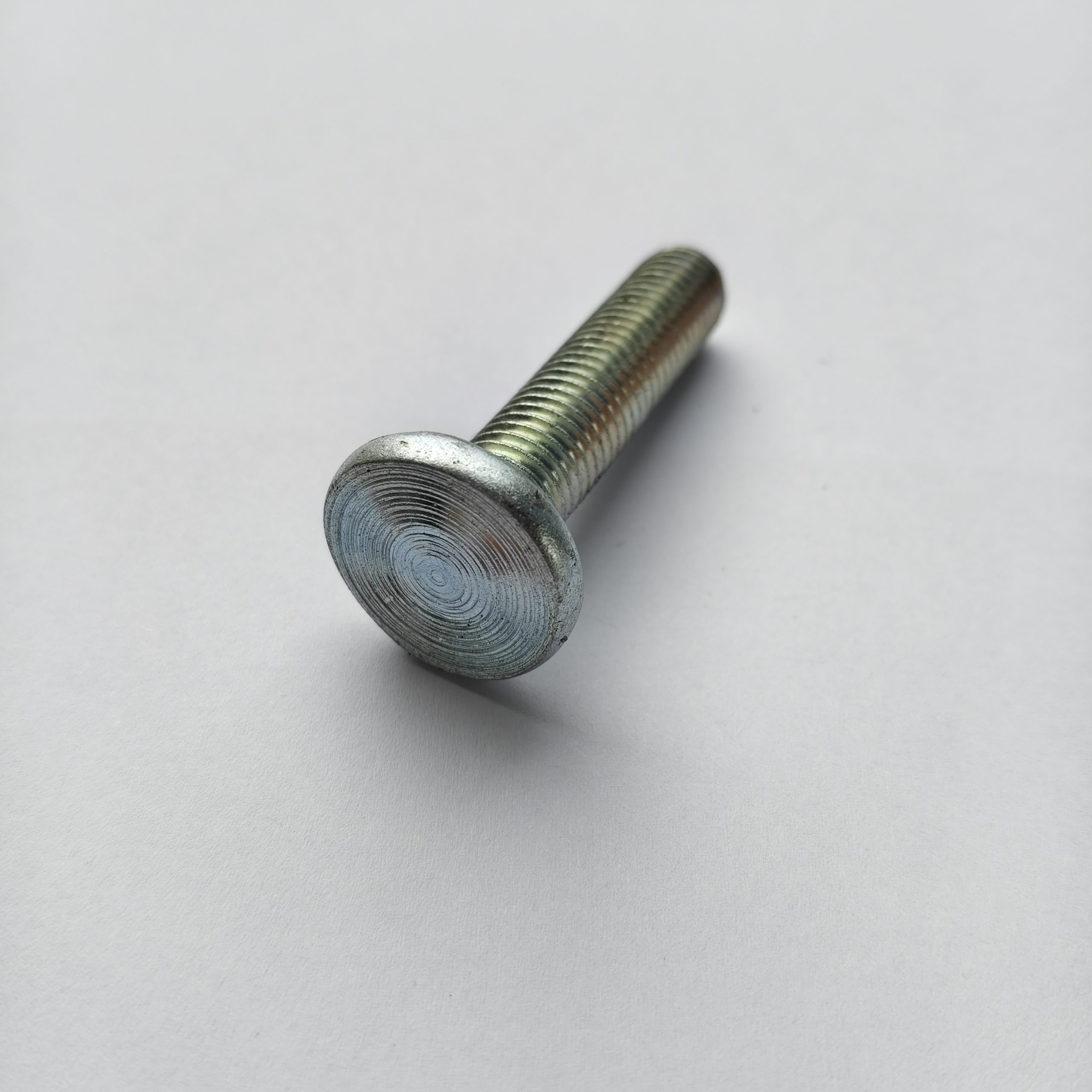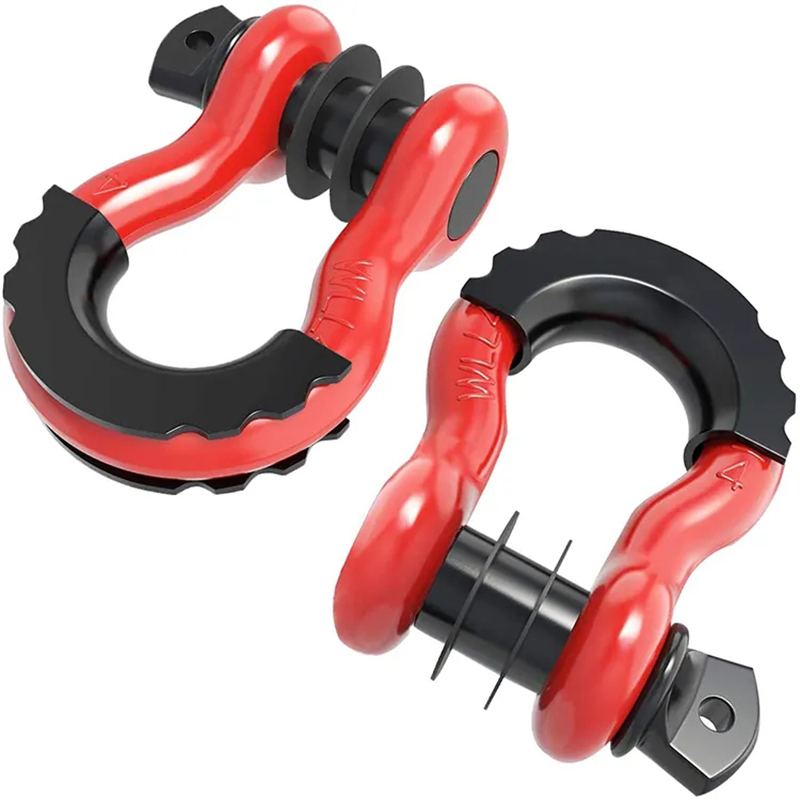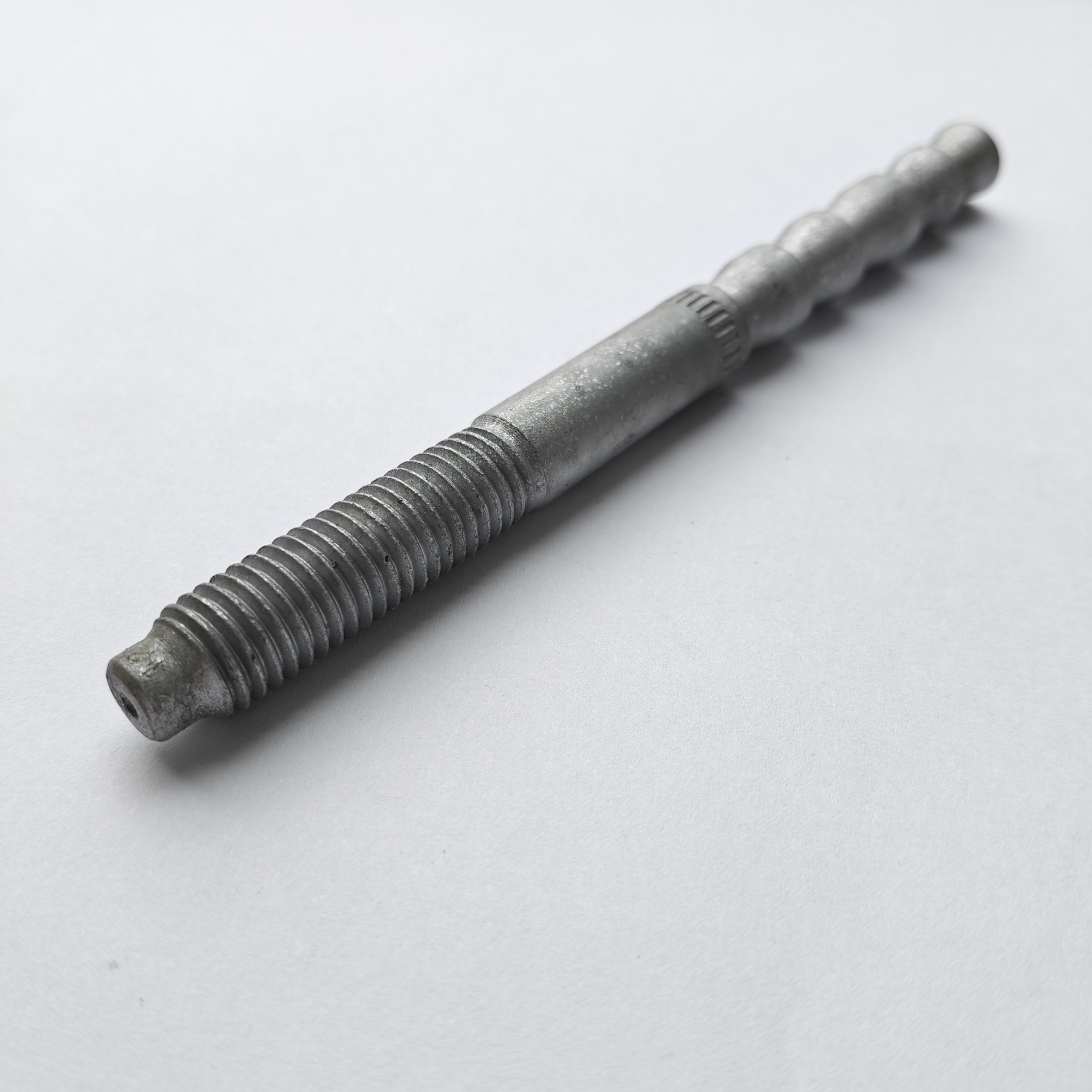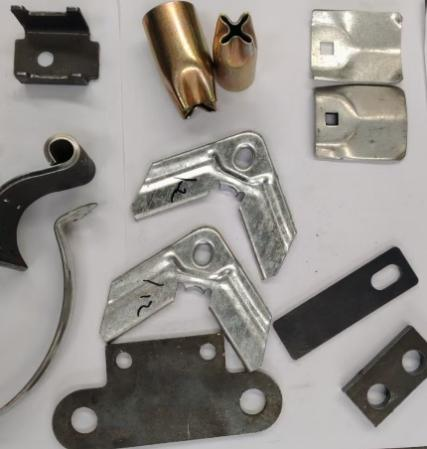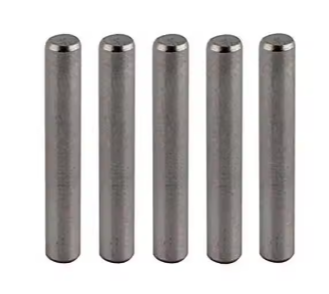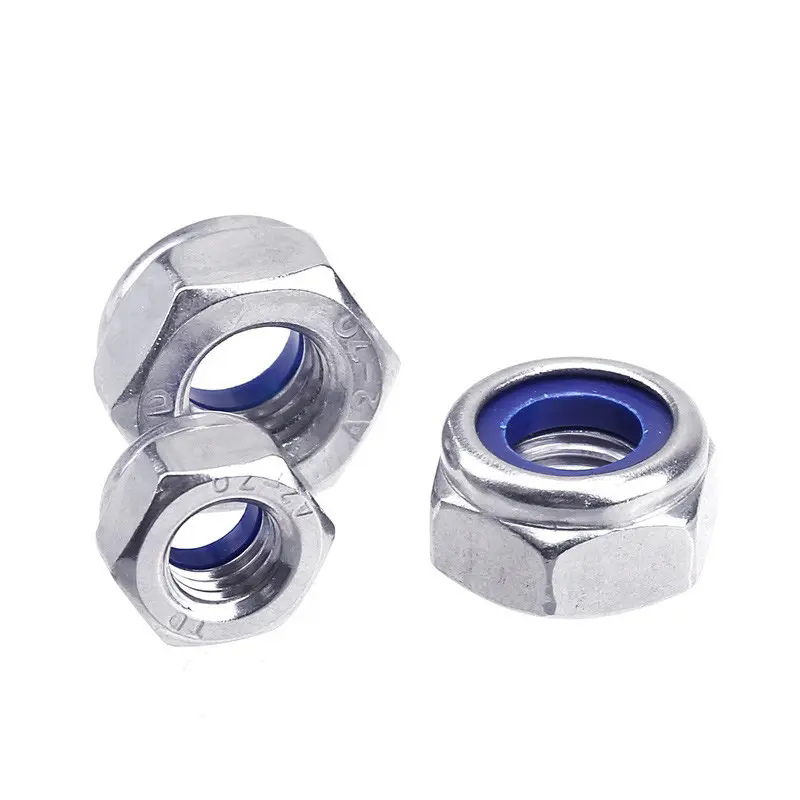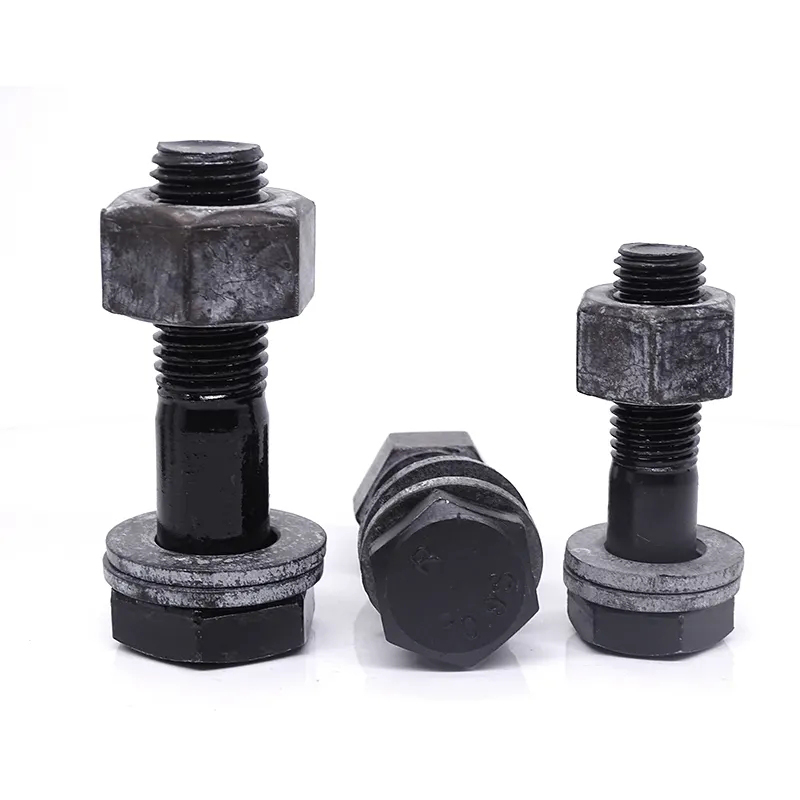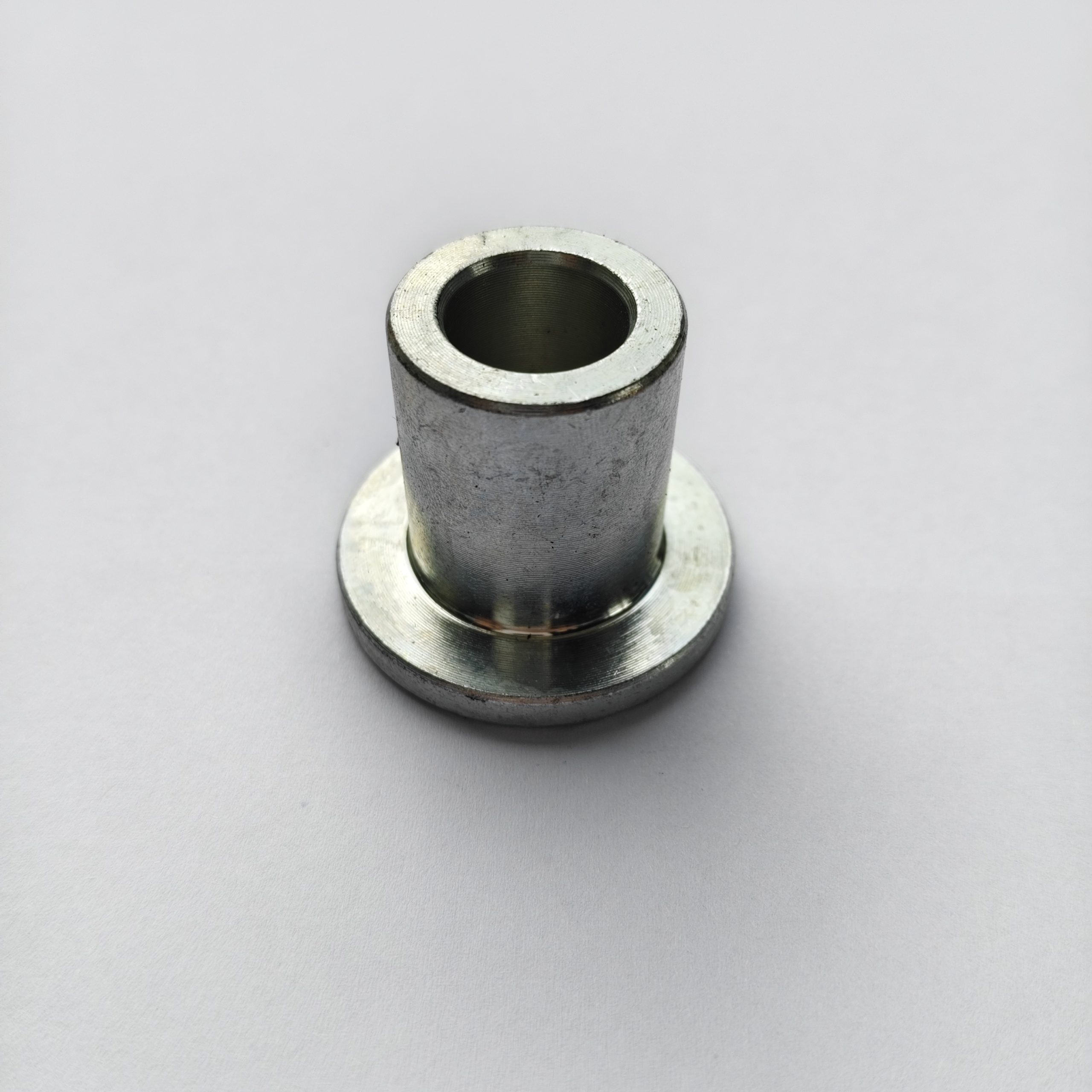

This guide provides a comprehensive overview of nut locks, helping you choose the best type for your specific needs. We'll cover different types, applications, and factors to consider before purchasing, ensuring you make an informed decision. Learn about materials, strengths, and installation methods to find the ideal nut lock for your project.
Nut locks, also known as locking nuts or self-locking nuts, are fasteners designed to prevent loosening under vibration or stress. Unlike standard nuts, they incorporate mechanisms that maintain a secure grip on bolts or screws. This is crucial in various applications where vibrations or movement could lead to component failure. Choosing the right nut lock is critical for safety and reliability.
Several types of nut locks exist, each with its own advantages and disadvantages. The most common include:
The material of your nut lock significantly impacts its strength, corrosion resistance, and temperature tolerance. Common materials include steel, stainless steel, and various alloys. Stainless steel nut locks offer superior corrosion resistance, making them ideal for outdoor or marine applications. Selecting the appropriate material is critical for ensuring long-term performance and reliability.
It’s crucial to select the correct size and thread type (e.g., metric or UNC) to match your bolt. Incorrect sizing can lead to improper installation and potential failure. Always double-check your measurements before purchasing. Refer to manufacturer specifications for precise details on dimensions and thread pitches.
The load capacity of a nut lock is crucial for ensuring its effectiveness. Consider the anticipated load and vibration levels in your application. Higher-strength nut locks are necessary for applications with significant loads or vibrations. Manufacturer specifications will detail the maximum load capacity for each type of nut lock.
Installation methods vary depending on the type of nut lock. Some may require specific tools or techniques. Always refer to the manufacturer's instructions for proper installation to ensure optimal performance and prevent damage.
The best nut lock for your project depends heavily on the specific application. Consider the following:
| Application | Recommended Nut Lock Type |
|---|---|
| High-vibration machinery | All-metal lock nut (e.g., prevailing torque nut) |
| Automotive applications | Nylon insert lock nut or prevailing torque nut |
| General purpose fastening | Nylon insert lock nut or spring lock washer |
Remember to consult with a fastener specialist or refer to engineering handbooks for more complex applications. For a wide selection of high-quality nut locks, visit Hebei Dewell Metal Products Co., LTD. They offer a diverse range of options to meet your needs.
Note: This information is for general guidance only. Always consult the manufacturer's specifications and relevant safety standards before selecting and installing any nut lock.

